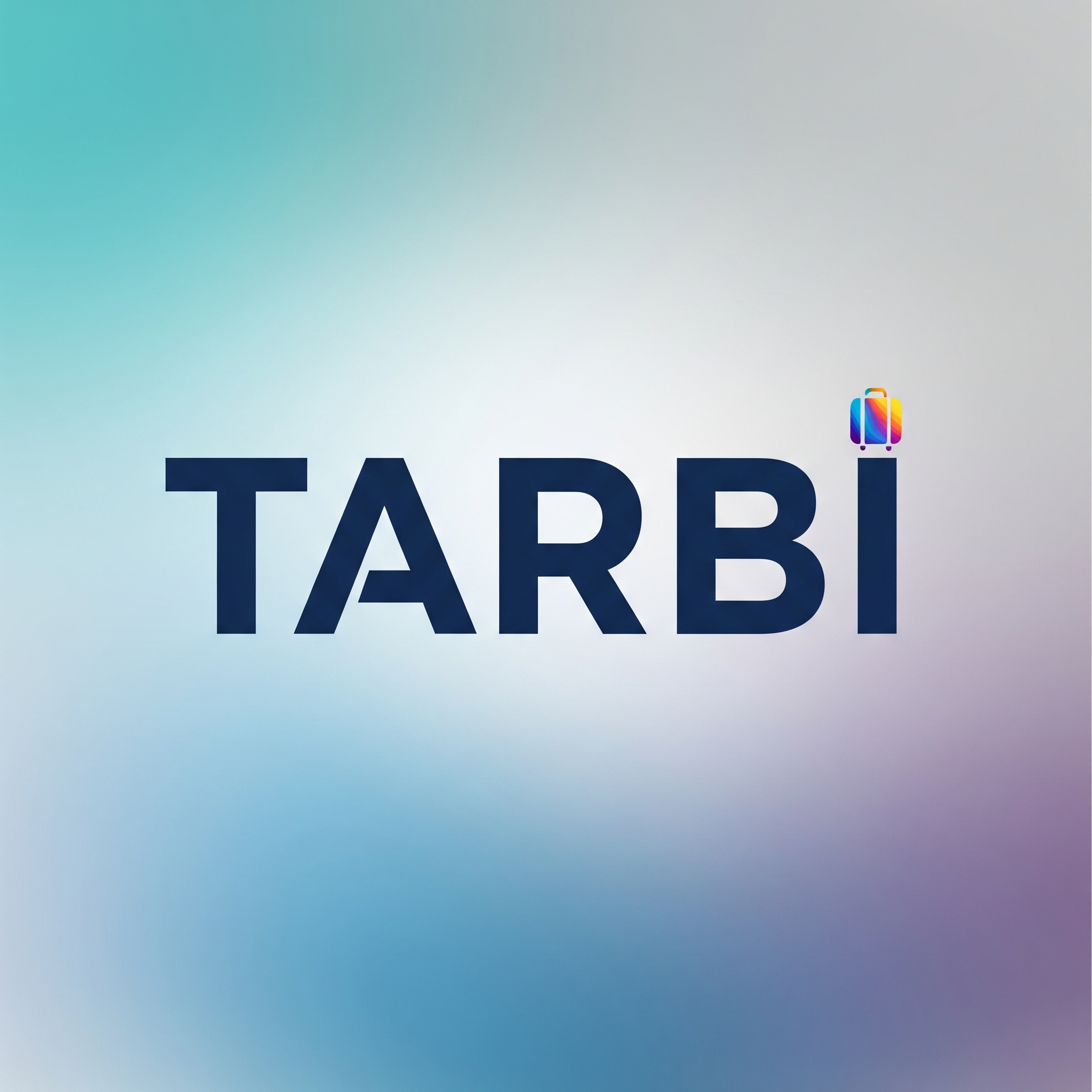
Ask Tarbi
Tarbi is our AI assistant for Travel Arbitration. Please use the correct version based on the date your arbitration application is made and completed.
Applications made and completed up to and including 31 December 2025: use Tarbi (Legacy).
Applications made and completed on or after 1 January 2026: use Tarbi 2.0 (aligned to the ABTA Arbitration Rules – 2026 Edition).
Tarbi (Legacy)
Use this version for Travel Arbitration applications that are made and completed on or before 31 December 2025. It supports the earlier Travel Arbitration rules and scheme guidance.
Launch Tarbi (Legacy)Tarbi 2.0
Use this version for Travel Arbitration applications that are made and completed on or after 1 January 2026. Tarbi 2.0 is designed for the ABTA Arbitration Rules – 2026 Edition alongside the existing other versions of Travel Arbitration.
Launch Tarbi 2.0You will need a ChatGPT account to use Tarbi.
Travel Arbitration
Welcome to Travel Arbitration, the UK’s premier arbitration scheme for resolving disputes between travel companies and their customers. As the final step in the dispute resolution process, Travel Arbitration offers a fair and efficient way to address issues.
For commercial travel and other non-travel arbitration services, explore our Private Arbitration Court.
Travel Arbitration operates across several scheme routes. Some are linked to ABTA membership and ABTA Arbitration Rules, while others are non-ABTA routes supported by participating travel companies. The ABTA Arbitration Rules were updated with a 2026 Edition.
Please use the correct version of Tarbi based on the date your arbitration application is submitted (with payment made and cleared): up to and including 31 December 2025 (Tarbi – Legacy) or on or after 1 January 2026 (Tarbi 2.0). Tarbi will guide you to the relevant route and rules for your circumstances.
Tarbi (Legacy)
For applications submitted (with payment made and cleared) up to and including 31 December 2025. Supports earlier Travel Arbitration rule sets and scheme routes (including ABTA and non-ABTA routes).
Launch Tarbi (Legacy)Tarbi 2.0
For applications submitted (with payment made and cleared) on or after 1 January 2026. Updated for the ABTA Arbitration Rules – 2026 Edition and other applicable Travel Arbitration routes.
Launch Tarbi 2.0FAQs Video
This video applies to the legacy ABTA scheme and other existing Travel Arbitration routes.
A new FAQs video aligned to the ABTA Arbitration Rules – 2026 Edition will be published shortly.
Watch FAQs VideoParticipating Travel Companies
Travel Arbitration is supported by ABTA and its Members and other participating travel companies, including:
This broad participation helps ensure a comprehensive approach to resolving travel disputes.
How to Access Travel Arbitration
To access Travel Arbitration, you must first lodge a complaint with the travel company. For ABTA members, you must also complete the ABTA complaints process.
Our role begins once the relevant complaints processes have been completed and we receive a properly submitted application for arbitration.
If you are unsure about eligibility, timing, route or rules, please use Tarbi first. Use Tarbi (Legacy) for applications submitted (with payment made and cleared) up to and including 31 December 2025, and Tarbi 2.0 for applications submitted (with payment made and cleared) on or after 1 January 2026.
For unresolved complaints with ABTA members, please contact the ABTA Customer Support Team in the first instance. For non-ABTA routes, please contact your travel company directly and they will lead you through their complaints procedure.
Existing Claims
To contact us about an existing claim, please email info@travelarbitration.com, clearly stating your claim reference (this will begin with the letter A followed by a number).
Please note that we cannot deal with any requests for assistance unless a claim has been lodged with us through the proper channels.
